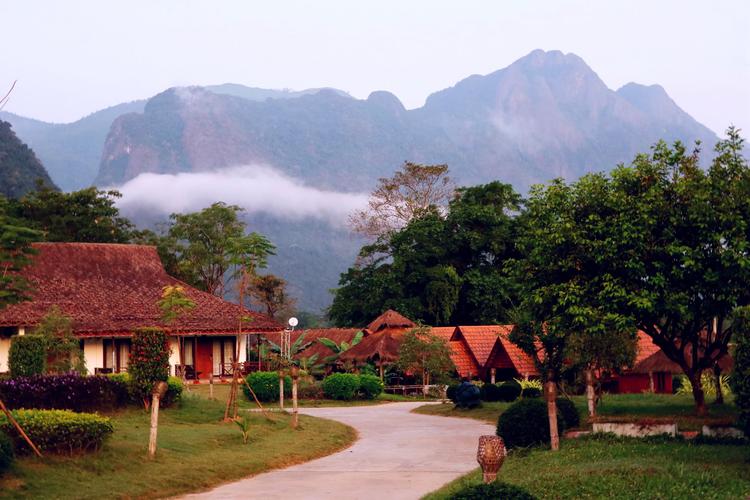Possible blog article:
When we think of video games, we may picture them as harmless fun or even a valid form of art. However, some games can have unintended consequences that go beyond the screen. One such game is Goat Simulator, a popular title that lets players control a goat in a playground-like environment and perform various silly actions, such as headbutting humans, licking objects, or becoming a demon goat. While this may sound innocent or even humorous, the game’s impact on cultural heritage is less amusing and more problematic.
Specifically, Goat Simulator can ruin your cultural heritage by promoting and perpetuating a distorted, ignorant, and disrespectful view of historical and religious symbols and practices. This can happen in several ways:
– Cultural appropriation: Goat Simulator includes references to real-world cultures and traditions, such as the use of skull masks, tribal dances, or religious icons. However, these references are often simplified, caricatured, or misused, without any regard for their original meanings, contexts, or sensitivities. For example, the game features a “voodoo” doll that players can burn or torture, without acknowledging the complex history and spirituality of Vodou in Haitian and African cultures.
– Stereotyping and discrimination: Goat Simulator also reinforces harmful stereotypes and prejudices based on race, gender, sexuality, or disability. For instance, the game features a character called “Cornholio,” which resembles a Mexican caricature with exaggerated features and a sombrero, and sounds like a cartoonish parody of Spanish. Moreover, the game uses offensive language and slurs to describe certain characters or actions, such as “retarded,” “gay,” or “crackhead.”
– Destruction of artifacts: Finally, Goat Simulator encourages the destruction of virtual and imaginary objects that resemble real-world artifacts or landmarks. While this may seem trivial or even humorous, it can foster a cavalier attitude towards the preservation and respect of actual heritage sites and objects. For example, the game allows players to crash a giant goat statue into a castle or smash a goat-powered tank into a museum, without any consequences or educational value.
All of these factors contribute to a culture of ignorance, disrespect, and trivialization towards cultural heritage, which can have real-world effects on how people perceive and treat diverse cultures and their legacies. Moreover, these factors can also affect how game developers approach their own creations, and how gamers consume and interpret them. By promoting Goat Simulator as a funny and harmless game, we may inadvertently endorse its unintended messages and impacts.
Therefore, we should be more critical and aware of the games we play and their potential consequences, especially in regard to cultural heritage. We should demand that game developers include more diverse and accurate representations of cultures and traditions, and avoid perpetuating stereotypes, discrimination, and destruction. We should also educate ourselves and others about the real-world significance and value of cultural heritage, and how it can enrich our lives and our understanding of the world. Only then can we truly enjoy video games as a form of entertainment and education, without sacrificing our respect for human diversity and dignity.
(Note: Do you have knowledge or insights to share? Unlock new opportunities and expand your reach by joining our authors team. Click Registration to join us and share your expertise with our readers.)
Speech tips:
Please note that any statements involving politics will not be approved.
